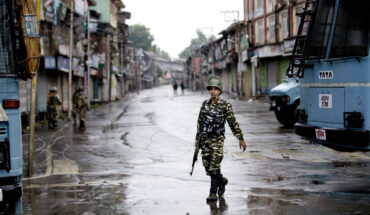Factory output continued to contract in July, albeit marginally slower than in June, reflecting the depressed economic conditions as the Covid crisis refuses to go away. Quick estimates for the IIP show output across the three sectoral components of the index — mining, manufacturing and electricity — all shrank, dragging the overall index to a 10.4% year-on-year contraction. While this is slower than June’s 15.8% shrinkage, a closer look reveals that the rebound in momentum witnessed in the fiscal first quarter’s last month — when the economy reopened and the contraction narrowed sharply from May’s 33.9% fall — has dissipated appreciably. The most telltale sign of this flattening is the more than halved pace of growth in the solitary use-based industrial activity of the IIP’s six product groups, in which output had turned positive in June. Growth in consumer non-durables slid back to 6.7% from the preceding month’s 14.3%, betraying the abiding weakness in private consumption spending. The other five groups posted double-digit contractions, with consumer durables and capital goods shrinking 23.6% and 22.8%, respectively. If the trend in durables attests to the RBI’s evaluation last month that “private consumption has lost its discretionary elements across the board”, the capital goods data point to a dismal picture on the investment front. With demand-starved companies operating their factories well below capacity, there is little indication that the protracted six-quarter slump in this key sector, which encompasses the plants and machinery that manufacturers order when expanding or starting new ventures, is anywhere close to reversing momentum. To help sustain any incipient revival in the economy, the Centre needs enact demand-supportive fiscal policies or risk facing a prolonged slowdown.
Supportive fiscal policies become need of the hour
Published Date: 24-09-2020 | 12:49 pm





